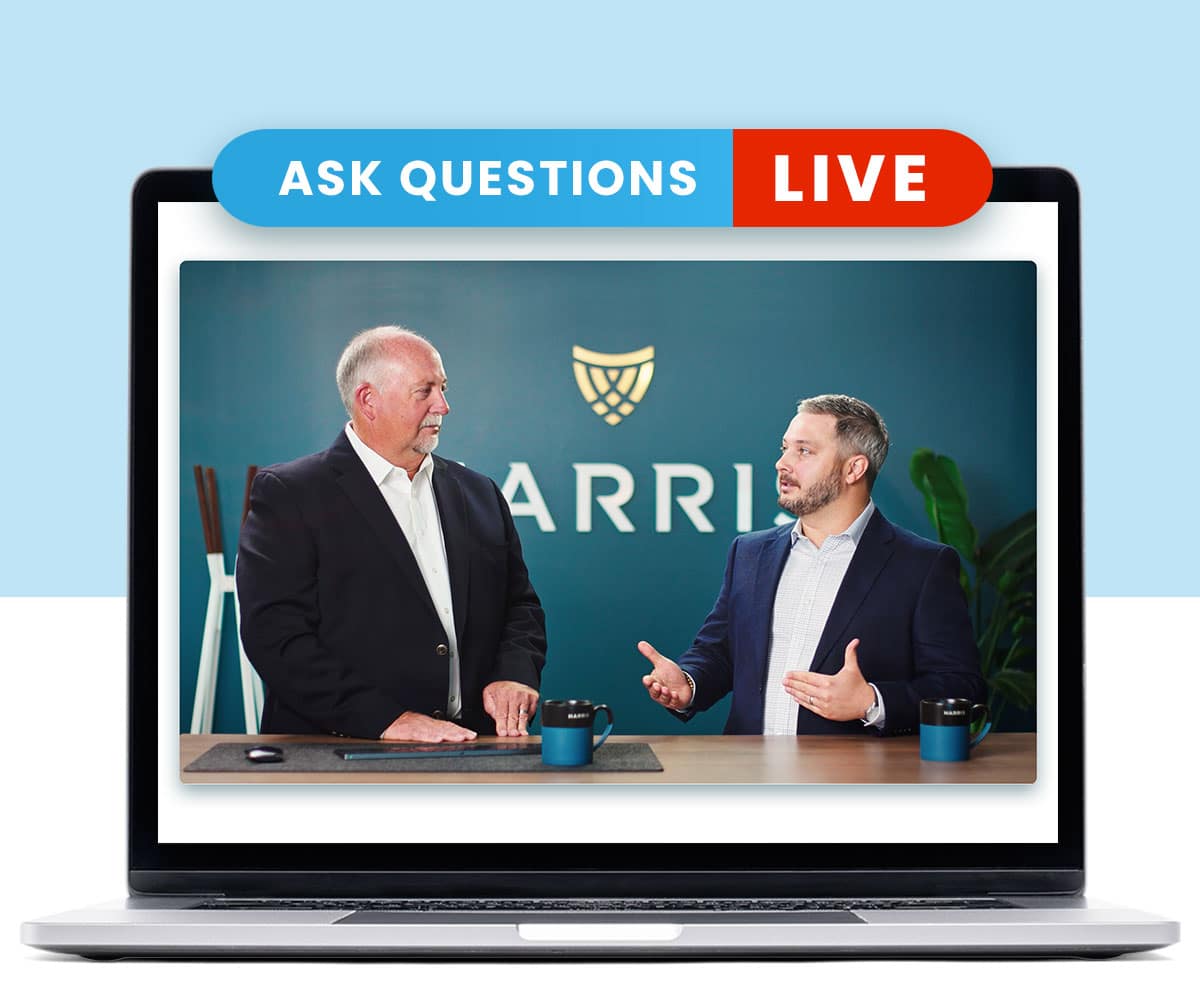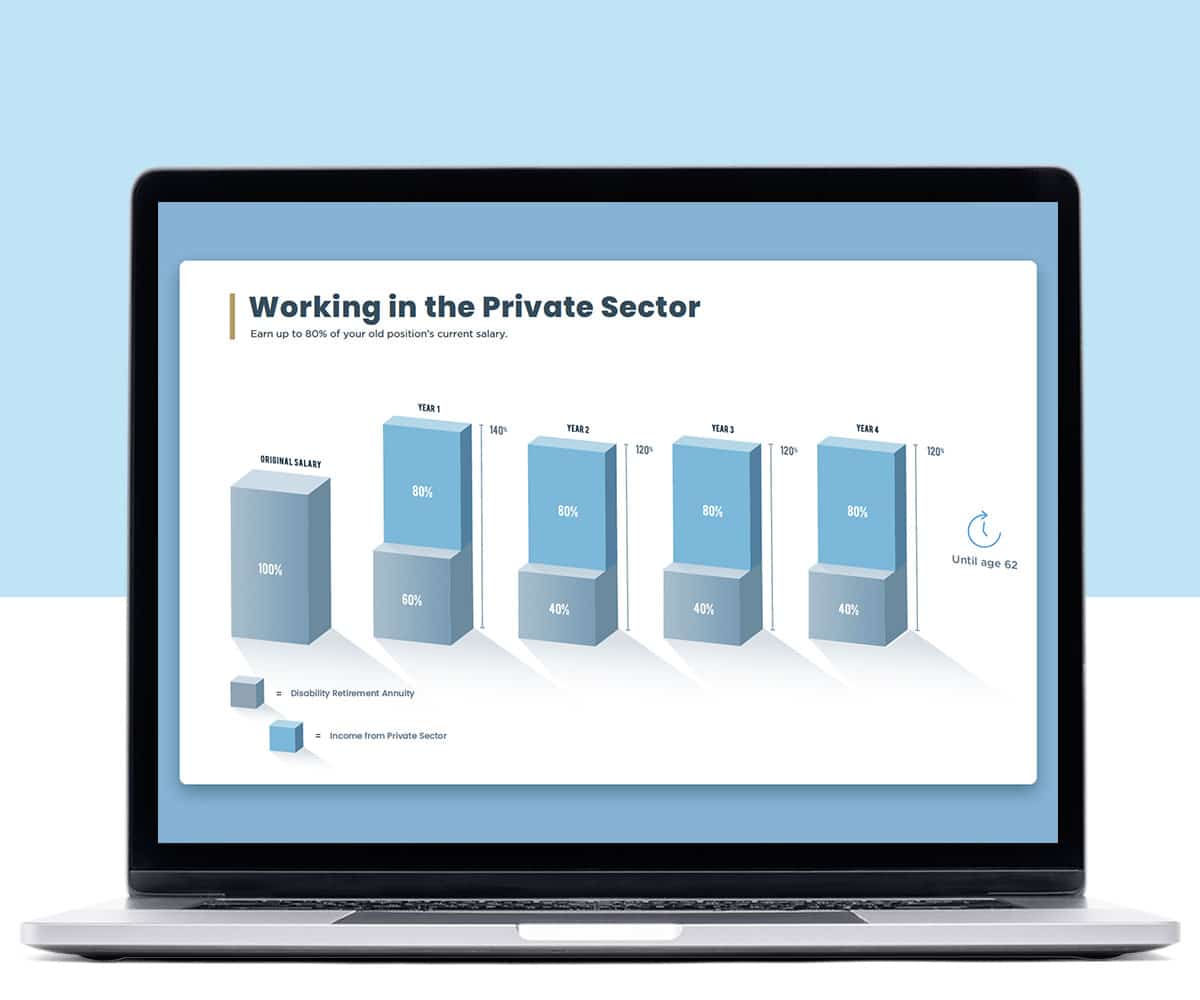A Veterans Administration Employee’s Story
Recently, a Veterans Administration hospital suspected our client of misrepresenting himself in a job application. He underwent an investigation by the Administrative Review Board (AIB) but was fortunately “acquitted” of the charge.
Were other employees “free” to testify on his behalf? The law, at 5 U.S.C. 2302(b)(9)(B) makes it a protected activity to testify for (or otherwise lawfully assist) an individual in the exercise of any appeal, complaint, or grievance right granted by law, rule, or regulation. That sounds like a good thing, because it appears to give some protection to federal employees to speak the truth. Unfortunately, that is not the case during an investigation by the Administrative Review Board (AIB).
In a recent similar matter, but different case, heard in the U.S. Court of Appeals for the Federal Circuit, Docket Number: CH-1221-15-0123-W-1 issuance date: June 17, 2016, which was an appeal from Merit System Protection Board (MSPB) decision number: 2016 MSPB 24 that was the case.
The Case of Justin Graves
Justin Graves, a biological lab technician employed by the Veterans Administration, was terminated due to “a lack of available work.” Graves suspected, however, that the true reason for his termination was retaliation. Graves had testified on behalf of his lead researcher, C.K., during an AIB investigation. C.K. was being investigated for scientific research misconduct.
Because the agency terminated Graves after he testified in favor of C.K., he believed it was a form of retaliation. Graves then filed a grievance and the VA offered to pay him for not working. Graves then filed a whistle blowing claim with the Office of Special Counsel (OSC). In his claim, Graves reported his agency’s gross mismanagement, gross waste of funds, and a hostile work environment.
So far, it sounds logical, right? No: Mr. Graves lost for the following reasons:
- The MSPB didn’t have jurisdiction to hear his wrongful termination claim. Graves was technically not an “employee” entitled to appeal an adverse action. Graves was serving a temporary appointment limited to 2 years or less.
- Although Graves was considered an employee in regards to filing a whistle blower reprisal claim, his testimony was not a protected activity under 5 U.S.C. 2302(b)(9)(B) because his testimony was not provided pursuant to an appeal, complaint, or grievance right exercised by C.K. This is a little complicated, so let me explain:
Employees have the same right to complain in grievance proceedings as they do in certain other administrative proceedings. This includes equal employment opportunity complaint process, and unfair labor practice proceedings.
But Graves’ claim of reprisal for exercising a right to complain must be from an initial step toward taking legal action against the agency.
Remember, after the Veterans Administration initiated its AIB investigation they terminated Graves due to no work available. Graves did not claim reprisal for what was said to him during his grievance (pay for no work). He claimed reprisal for testifying in support of his supervisor during AIB’s investigation of C.K.
The AIB investigation was not conducted against Graves, it was conducted against C.K., so the reprisal claim was not from Graves’ exercise of an appeal, complaint, or grievance.
- Further, when Graves blew the whistle on this by filing a claim with the OSC, he provided no supporting details regarding his conclusory assertion that what the agency had done was gross mismanagement, a gross waste of funds.
Due to the lack of details, the MSPB implied it could have terminated Grave’s allegations as frivolous. They instead decided they didn’t have to go that far to dismiss the claim.
Why? During his testimony, Graves admitted the agency mentioned its plan to pay him “for not working” only in the course of his grievance. The MSPB determined it did not have jurisdiction over his Individual Right of Action (IRA) appeal arising out of disclosures made solely during grievance proceedings.
Brad’s Tip:
Much to my dissatisfaction, it appears that testifying for or otherwise lawfully assisting an individual during an agency investigation is not protected activity under paragraph 5 U.S.C. 2302(b)(9)(B). Furthermore, make sure your allegations fits within the chronology of your rights!
Our office offers free consultations. If you think you may need MSPB representation, please call us at (877) 226-2723 or fill out an INQUIRY FORM to speak with someone about your case.



